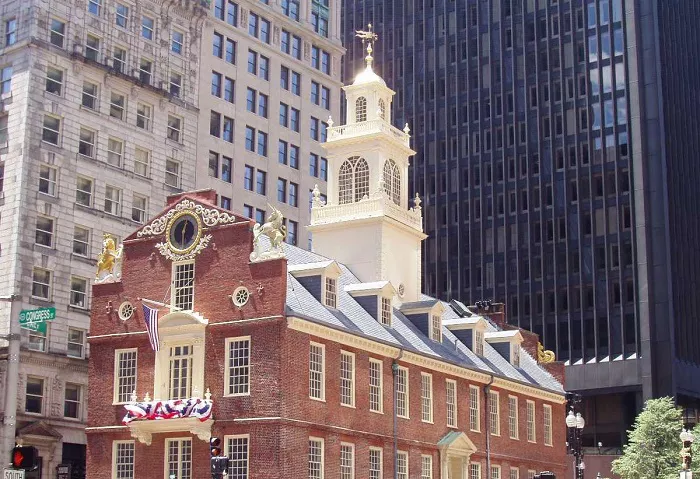As Keir Starmer reflects on Labour’s underwhelming performance in the recent local elections, there is growing concern within left-wing circles that his response might lean toward a rightward policy shift. However, an alternative approach is emerging, one that emphasizes tangible achievements over ideological repositioning. A key example of this strategy is Universal Studios’ proposal for Europe’s largest theme park in Bedford, a development that could dramatically reshape the region’s economy.
While the Conservative Party promised substantial investment in the Brexit-supporting Red Wall areas of northern England, Labour is shifting its focus to Middle England, particularly the region spanning from Cambridge to Oxford. This initiative, known as Project Nectarine, aims to position central England as an economic powerhouse. The ambitious plans could inject up to £78 billion into the economy by 2035.
Labour’s proposed measures include:
The construction of a new terminal at Luton Airport, which would expand its capacity by an additional 14 million passengers annually.
New infrastructure projects such as a 10-mile dual carriageway on the A428 between Milton Keynes and Cambridge.
The establishment of new railway stations in Cambridge and Wixams, alongside the initial phase of a new East-West rail link between Oxford and Cambridge.
Expansion of scientific research facilities and residential developments.
Although many of these projects have been discussed or even approved by previous governments, Starmer’s focus is on advancing them through the planning stages. This could enhance his reputation as a leader capable of delivering results, a crucial factor for Labour’s future prospects after a challenging week at the polls.
In contrast, the Conservative government has focused on development projects primarily in the south of England, including proposed new runways at Gatwick and Heathrow airports, the Lower Thames Crossing, reduced planning restrictions, and potential sites for new towns. However, these plans leave the north of England—long plagued by a lack of investment—largely unaddressed.
Labour’s bet on the Oxford-Cambridge Arc, however, aligns with its broader strategy to stimulate economic growth in areas that are already prosperous. The addition of Universal Studios’ planned theme park in Bedford, featuring roller coasters, a large lagoon, a 500-room hotel, and multiple restaurants, is expected to bring billions in investment, create thousands of jobs, and attract millions of tourists. The project represents a unique collaboration: rather than developers selecting a location and seeking governmental support, planners actively courted Universal’s parent company, Comcast, by facilitating key infrastructure developments, including Luton Airport’s expansion.
While the potential for success seems high, previous theme park ventures in the UK have encountered significant setbacks. Notable examples include the London Resort, which was stalled in planning for nearly a decade and ultimately faced financial difficulties, and Disney’s initial plans for a European park in England, which were later redirected to Paris. Universal Studios itself had previously withdrawn from plans to build a major theme park in Essex during the 1980s due to insufficient government support.
Despite these setbacks, Labour’s “build, build, build” mantra aims to ensure this initiative reaches completion. Thus far, the strategy appears to be gaining traction, but questions remain about its long-term viability.
Adding complexity to the situation, while Labour pursues expansion in the theme park industry, other major operators, such as Six Flags, are scaling back. The company recently announced the closure of two of its North American parks after the 2025 season, highlighting the challenges faced by the global theme park industry.
In sum, Labour’s ambitious development agenda for central England represents a clear shift toward economic growth through large-scale infrastructure projects. Whether these plans can overcome the historical challenges of similar ventures remains to be seen, but for now, Starmer’s focus on tangible progress seems poised to reshape the political landscape in the south of England.


